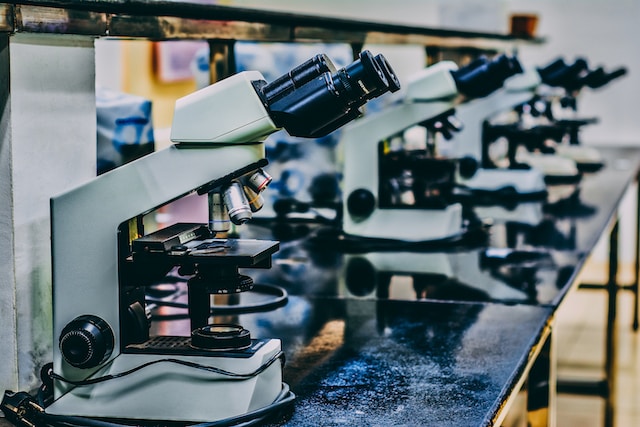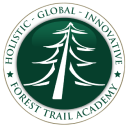Core Courses
Science Course
This is an introductory course for students who wish to study topics relating to the environment, its resources, quality and ethical issues.
Enviromental Science
Environmental science is the study of the natural sciences in an interdisciplinary context that always includes consideration of people and how they have influenced various systems around us. It includes many aspects of biology, earth and atmospheric sciences, fundamental principles of chemistry and physics, human population dynamics, and an appreciation for the Earth and its natural resources.
Within each chapter are several pages that cover topics such as energy and cycling of matter, stability and change in ecosystems, and human activities and technology on ecosystems.

Course Outline
PHYSICAL SCIENCE (1.0 Credit)
Physical science is a first-year science class at this school. Physical science is the study of the physical world around you. Physical science can be broken up into two branches, chemistry, and physics.
- Chemistry – the study of the structure and properties of matter.
- Physics – the study of the relationships between matter and energy.
EARTH SPACE SCIENCE (1.0 Credit)
The Earth and Space Science course is a course focusing on the study of space, geologic structures and forces, the waters on our planet, and the atmospheric forces that shape our world. Students will explore the Earth’s spheres including the geosphere, hydrosphere, cryosphere, atmosphere, and the cycles of the Earth such as the water and carbon cycle. Students will learn about scientific inquiry, geologic time, space exploration, the solar system, and the universe.
CHEMISTRY (1.0 Credit)
Chemistry is the study of the structure and composition of matter that make up living things and their environment. Chemistry also deals with the study of the changes of matter and the mechanisms by which changes occur. This course is recommended for college-bound students. This class cover topics such as matter, chemical reactions, solutions, and nuclear chemistry. Virtual labs and/or simple at home labs are conducted for most chapters. Lab reports must be submitted, organizing data and answering questions for the experiment.
BIOLOGY (1.0 Credit)
The Biology course incorporates new perspectives and understanding across major subdisciplines of biology. Genetics, cell biology, development, behavior and immunology are some of the areas covered. The concept of evolution is seen as the central organizing theme of biology. The focus of the course is on molecular biology. As an introductory course in biology, students are prepared for college.
ZOOLOGY (1.0 Credit)
The course gives an introduction to zoology, with particular emphasis on the morphology and systematic of both vertebrates and invertebrates. In addition, the students should acquire basic knowledge in ethology, evolution, and human ecology (including an introduction to the biosphere and bio-diversity).
ASTRONOMY (1.0 Credit)
The purpose of this course is to enable students to develop and apply knowledge of the universe and compare the conditions, properties, and motions of bodies in space. Emphasis shall be placed on concepts basic to Earth, including materials, processes, history, and the environment.
ANATOMY AND PHYSIOLOGY (1.0 Credit)
This course is designed for those students who have taken biology and who wish to further their study of biology. The student will study the structure and function of the various cells, tissues, and integrated systems of the body. The course is designed to lay the groundwork then move into various human systems.
ENVIRONMENTAL SCIENCE (1.0 Credit)
This is an introductory course for students who wish to study topics relating to the environment, its resources, quality and ethical issues. Environmental science is the study of the natural sciences in an interdisciplinary context that always includes consideration of people and how they have influenced various systems around us. It includes many aspects of biology, earth and atmospheric sciences, fundamental principles of chemistry and physics, human population dynamics, and an appreciation for the Earth and its natural resources.
GENETICS
The purpose of this course is to enable students review basic biology genetics fundamentals. The course will help in developing students’ knowledge of more complex genetic inheritance patterns. The course will help students recognize and understand the use of a variety of scientific tools for manipulation of DNA (terms and techniques). The course will enable students to read about genetically modified organisms and DNA testing and write about it in a way that reflects intelligent and thoughtful analysis. The course will provide a wide range of learning opportunities, including worksheets, labs, tests, and essays, in order for students of varying ability levels to be successful. Students will learn what is currently being utilized in the realm of genetics and glimpse what future advances may be possible.

